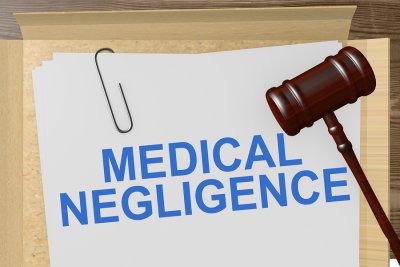Medical malpractice is a widespread problem in the U.S. Sometimes, medical errors result in only minor, fleeting complications, but in other malpractice cases, the negligence of healthcare providers can result in death. It’s important for everyone to be proactive participants in their own healthcare. In part, this is accomplished by becoming fully informed of the situation before making a decision. Patients should also learn to recognize the potential signs of medical malpractice and to consult malpractice lawyers located in Annapolis if they feel they have suffered damages due to negligence. 
Your Treatment Is Ineffective
Most healthcare providers do have a genuine desire to help their patients feel well again. If your treatment isn’t helping you, this doesn’t automatically mean that your doctor has made medical errors. Sometimes, trial and error is necessary to find the right medication for a particular patient, for example. But sometimes, an ineffective treatment could be the result of a misdiagnosis. Consider seeking a second opinion from another physician or specialist. If the second doctor diagnoses you with a different problem or recommends an entirely different type of treatment, then you may have been the victim of medical negligence.
You Experience Complications After Being Treated
All medical treatments, including medications, noninvasive therapies, and surgeries, do have an inherent risk of complications. Medications can cause drowsiness, for example, and surgeries can lead to localized infections. But if you’re experiencing significant or perhaps even disabling complications, it may be time to talk to a medical malpractice lawyer. It’s possible that your healthcare provider carried out the wrong course of treatment for your condition or executed your treatment improperly. Another possible red flag of negligence is when a patient experiences complications and isn’t referred properly for follow-up care.
Your Serious Condition Was Diagnosed Without Tests
When a patient is suspected of having a serious condition such as cancer, he or she is generally subjected to an exhaustive battery of exams, tests, and exploratory procedures such as biopsies. If you were diagnosed with a serious medical problem with little more than a cursory exam and review of your symptoms, then you should seek a second opinion. Ask the second doctor about tests that you should have had to confirm the diagnosis.